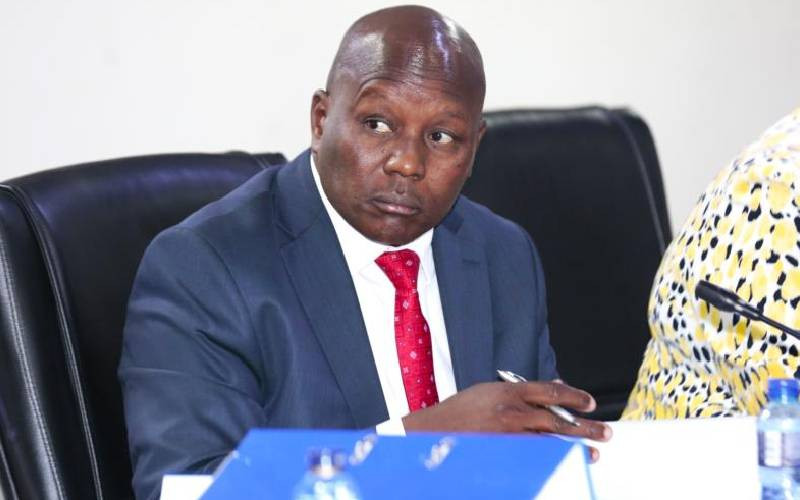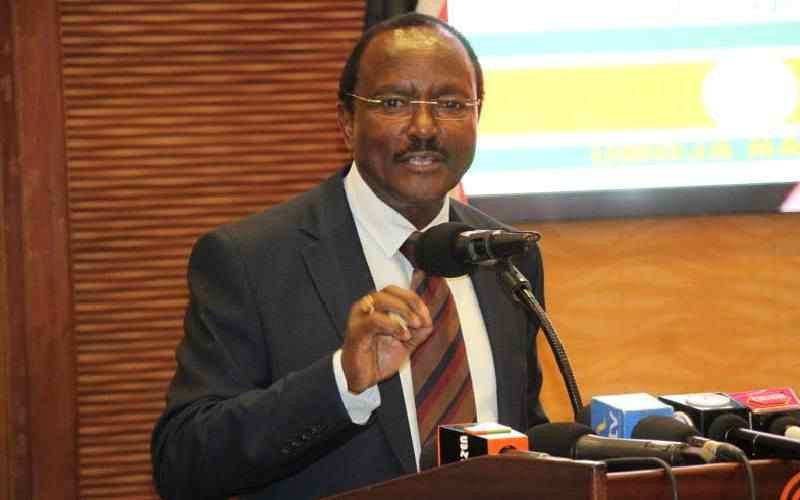Police Shoot and Detain Teenager, Sparking Outcry
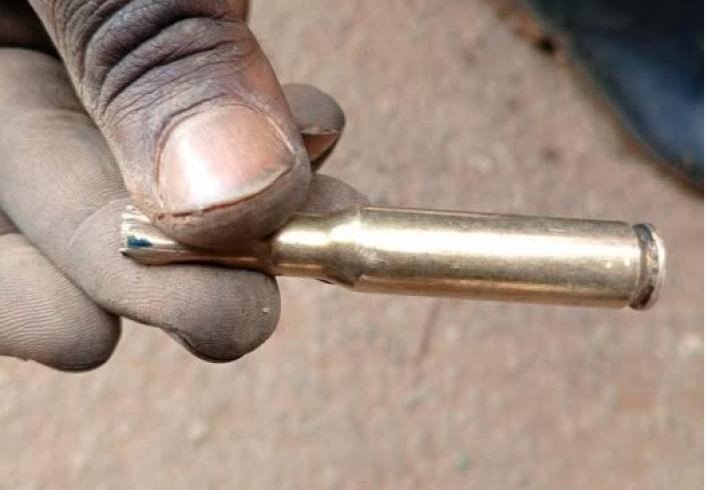
Recent reports from Kenya unveil a complex tapestry of events, ranging from harrowing accounts of police brutality during protests to significant shifts and internal struggles within the country's political landscape, alongside widespread public support for a key constitutional amendment.
A deeply concerning incident involves Solomon Njoroge, a 14-year-old boy, who suffered severe injuries after being shot by police during the Saba Saba day protests in Tigoni, Limuru. Njoroge, a Grade 9 pupil, recounted how he was playing football when strangers in a white car opened fire, striking him three times in his right leg and once in his left heel after he collapsed. Following the shooting, his phone was stolen, and he was then loaded onto a police truck, taken to Tigoni Hospital for a tetanus jab and a drip, and subsequently allegedly locked in a cell for two days. A spent bullet cartridge found in Kangari serves as a grim reminder of the violence. Solomon, now confined to a wheelchair at Kenyatta National Hospital awaiting surgery, faces an uncertain future regarding his ability to play football again. His father, Kibe Mungai, a hawker, described facing bureaucratic hurdles from the police in securing treatment for his son.
Concurrently, the Kenyan political arena is experiencing notable turbulence, particularly within the Opposition ahead of the 2027 General Election. Despite public displays of unity, significant cracks have emerged among the six political parties comprising the team, including Justin Muturi's Democratic Party, Uhuru Kenyatta's Jubilee Party, Kalonzo Musyoka's Wiper Party, Martha Karua's People's Liberation Party, and Eugene Wamalwa's Democratic Action Party (DAP-K). A silent power struggle is reportedly underway concerning the choice of the joint presidential flagbearer, with former deputy president Rigathi Gachagua of the Democracy for Citizens Party (DCP) and ex-Interior Cabinet secretary Fred Matiang'i having declared their interests in unseating President William Ruto. Matiang'i, who has been endorsed by the former ruling Jubilee outfit, is reportedly backed by Uhuru, while Gachagua is said to be supporting Kalonzo, although Gachagua has dismissed these claims, accusing Ruto of fostering discord.
Further compounding the political dynamics, Moses Kuria's recent resignation as President William Ruto's economic adviser has ignited speculation about his political aspirations and potential impact on the divided Mt Kenya region. Critics question whether his departure signals genuine political independence or a calculated move to further fragment the vote-rich area. Kuria is seen as one of the key figures attempting to fill the political vacuum left by former president Uhuru Kenyatta's retirement in 2022. Political activist Magochi Murachi suggests Kuria's objective is to position himself as a 'kingpin' or 'referee' in the region, thereby enhancing his bargaining power in national politics.
Adding another layer to the intricate political maneuvering is a developing plot by a powerful group of Mt Kenya operators to persuade Raila Odinga to run for the 2027 presidency. This strategy is gaining momentum, with emissaries reportedly being sent covertly to convince the former prime minister to launch a final political bid. The rationale behind this move is the belief that disgruntled voters in Central Kenya would readily support any initiative to unseat Ruto, especially with Raila on the ballot. Raila's recent announcement to spearhead a Saba Saba rally in Kamukunji and the establishment of a private office in Nairobi's Riverside Drive, where his potential candidacy is discreetly discussed, are seen as strong indicators of his political resurgence.
Finally, a significant legislative development indicates overwhelming public support for the proposed Constitutional Amendment Bill, 2025. This bill seeks to legalize the National Government Constituency Development Fund (NG-CDF). According to a report presented by the Committee on Legal Affairs and Justice (JLAC), over 98% of Kenyans, totaling 221,133 out of 224,482 individuals who participated in public consultation meetings, expressed their support for the Amendment Bill. An additional 305 out of 306 citizens who submitted views through the National Assembly also endorsed the bill, highlighting a strong public mandate for its passage.
You may also like...
Africa's Silent Killer: Unmasking the Looming Non-Communicable Disease Crisis
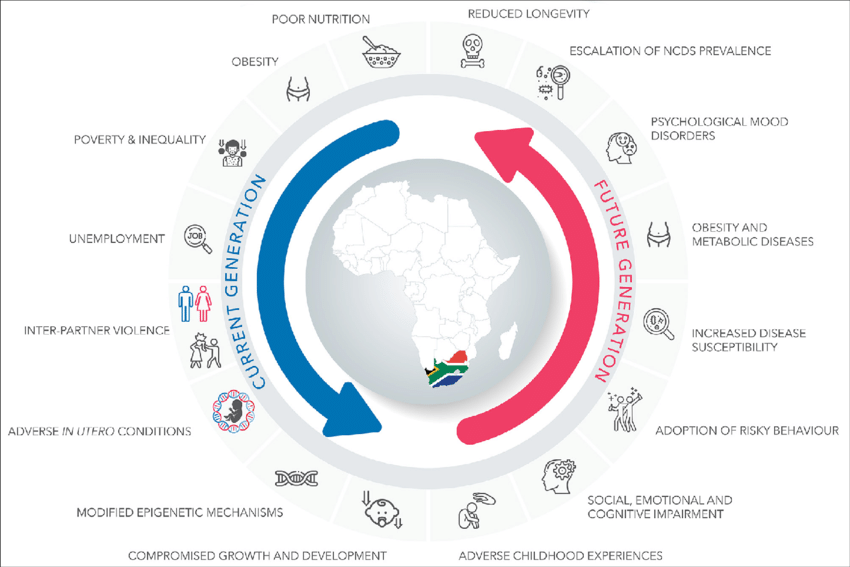
Beyond infectious diseases, Africa faces a silent killer: surging rates of diabetes, hypertension & cancer. Uncover this...
OPINION: WHY KINDNESS IS NO LONGER ENOUGH IN TODAY'S WORLD
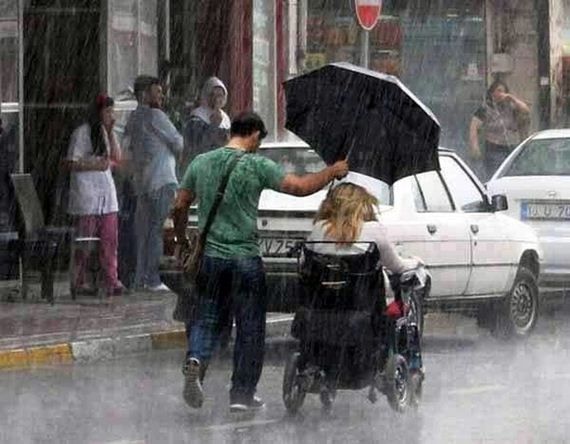
In a world overwhelmed by injustice, violence, and performative virtue, kindness has been reduced to aesthetics and slog...
From Drumbeats to Downloads: How African Storytelling Evolved Through Music and Media
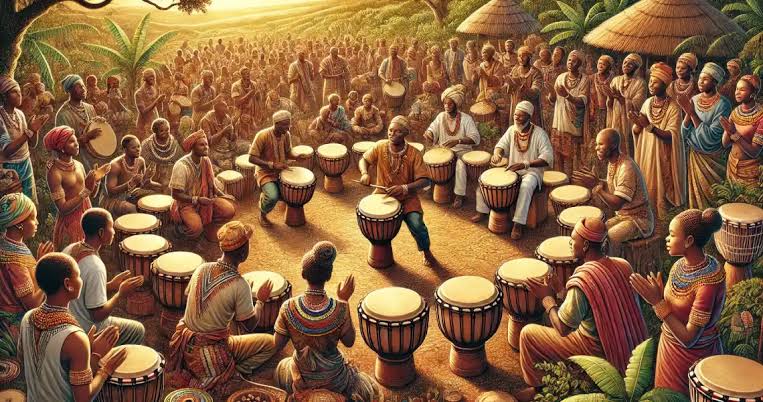
From village griots to viral podcasters, discover how African storytelling has evolved through music, film, and digital ...
Textiles, Trade, and Transformation: How African Fabric Became a Global Business Icon
(1).jpeg)
Discover how African textiles, from Ghana’s Kente to Tanzania’s Khanga, evolved from ancient trade goods to global fashi...
Why A Company's Networth Doesn't Predict Success in Africa
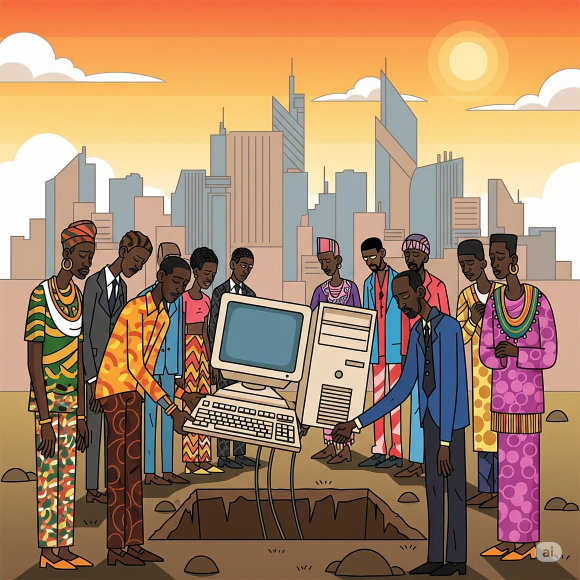
There’s a familiar buzz every time an African startup announces a big funding round—“$80 million secured!” It feels like...
We Were Never in Leaves: An African Loom & the Civilisation We Wove
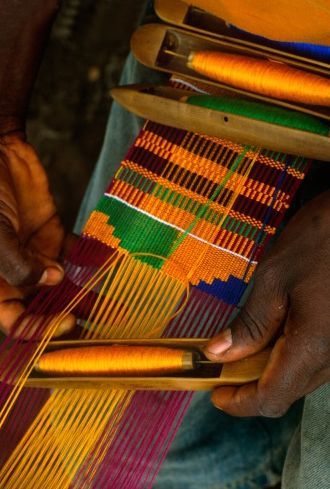
Before colonialism, African communities had thriving textile cultures, complex weaving traditions, and rich cloth econom...
Revving into the Future: Nigeria’s Formula 1 Dream Inches Closer
.jpeg)
Nigeria is accelerating toward a historic milestone with plans to host West Africa’s first Formula 1-standard racing fac...
If You’re a Gamer, Then Morocco Is Building the Ideal Country for You
.jpeg)
Discover how Morocco is transforming into a digital hub, where gaming meets cultural expression, innovation, and youth e...
